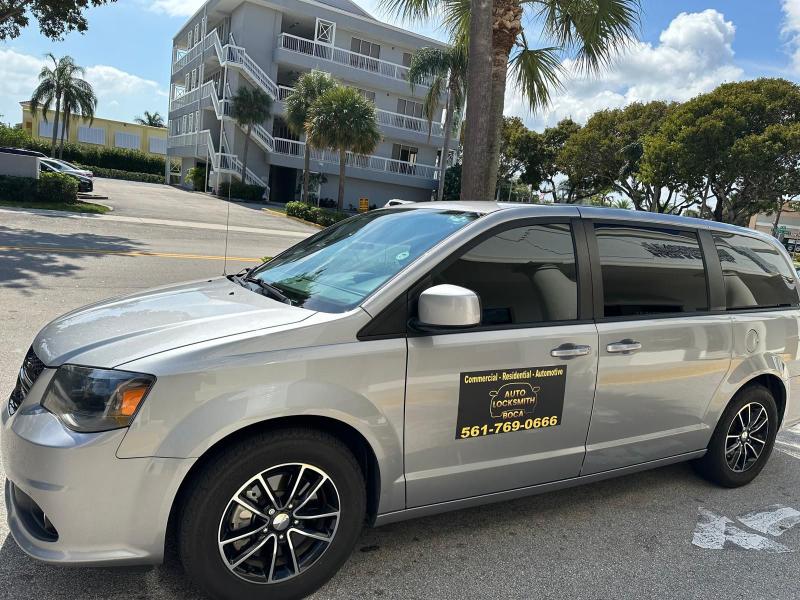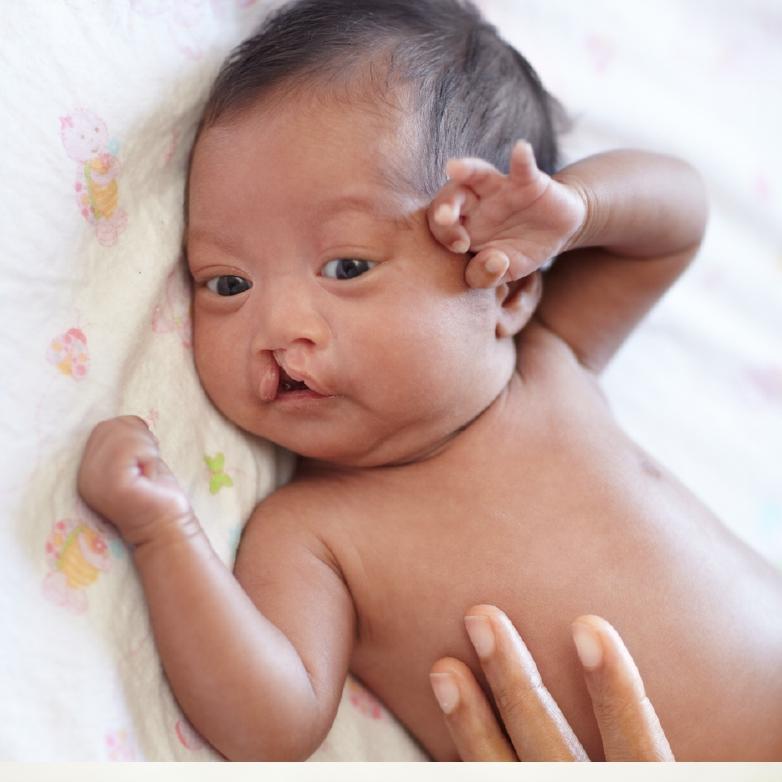Understanding Traumatic Brain Injury in Pediatrics: A Guide to Pediatric Concussion

Traumatic brain injury (TBI) in pediatrics, particularly pediatric concussion, is a concerning issue that demands attention. As caregivers, parents, and healthcare professionals, it's crucial to comprehend the complexities surrounding TBIs in children. In this article, we delve into the fundamentals of pediatric concussion, exploring its causes, symptoms, diagnosis, treatment, and preventive measures.
Understanding Pediatric Concussion:
Pediatric concussion, often referred to as mild traumatic brain injury (mTBI), occurs due to a sudden jolt or blow to the head or body, causing the brain to move rapidly within the skull. Children, with their active lifestyles and developing brains, are particularly susceptible to concussions. These injuries can result from falls, sports-related activities, accidents, or physical abuse.
Symptoms of Pediatric Concussion:
Recognizing the signs and symptoms of pediatric concussion is essential for timely intervention. Common indicators include headaches, dizziness, confusion, nausea, vomiting, sensitivity to light or noise, fatigue, and changes in sleep patterns or behavior. However, it's important to note that symptoms may vary from child to child, and some may not manifest immediately after the injury.
Diagnosis and Evaluation:
Diagnosing pediatric concussion involves a comprehensive evaluation by a healthcare professional, often including a thorough medical history, physical examination, and neurocognitive testing. Imaging tests such as CT scans or MRIs may be recommended in certain cases to rule out more severe injuries or complications.
Treatment and Management:
The management of pediatric concussion primarily focuses on rest, both physical and cognitive, to allow the brain to heal. This typically involves a period of relative rest, during which the child should avoid strenuous activities, sports, screen time, and mentally taxing tasks. Adequate hydration and nutrition are also crucial for recovery. In some cases, medications may be prescribed to alleviate specific symptoms such as headaches or sleep disturbances.
Monitoring and Follow-Up:
After a pediatric concussion, close monitoring and follow-up care are essential to track the child's progress and ensure proper recovery. Gradual reintroduction to physical activity and academics should be supervised by healthcare providers to prevent exacerbation of symptoms or complications.
Preventive Measures:
While it's impossible to eliminate the risk of pediatric concussion entirely, there are measures that can help reduce the likelihood of these injuries. Encouraging safe sports practices, proper use of protective gear such as helmets, supervision during playtime, and educating children about the importance of reporting head injuries are crucial steps in prevention. Additionally, creating supportive environments that prioritize safety and injury awareness is essential in schools, sports clubs, and communities.
The Long-Term Impact:
While most children recover fully from mild concussions with appropriate care, some may experience lingering symptoms or complications, such as post-concussion syndrome or cognitive deficits. Long-term monitoring and support may be necessary for these individuals to mitigate any adverse effects on their academic, social, and emotional well-being.
Conclusion:
Pediatric concussion is a significant health concern that requires awareness, understanding, and proactive measures from parents, caregivers, educators, and healthcare professionals. By recognizing the signs, implementing preventive strategies, and providing appropriate care and support, we can minimize the impact of traumatic brain injuries on children and ensure their overall health and well-being.
In conclusion, pediatric concussion is a serious issue that requires attention and proactive measures from all stakeholders involved in a child's well-being. By understanding the causes, symptoms, diagnosis, treatment, and preventive measures associated with pediatric concussion, we can effectively address this pressing health concern and ensure the safety and long-term health of our children.
Discover the Transformative Influence of the Esteemed Pediatric Center at the New Jersey Pediatric Neuroscience Institute: https://njpediatricneurosurgery.com/
You can also locate us precisely here: https://www.google.com/maps?cid=12242326106618828705








Comments